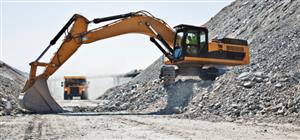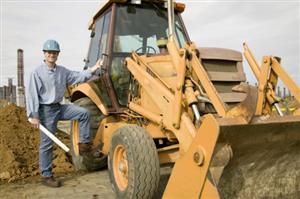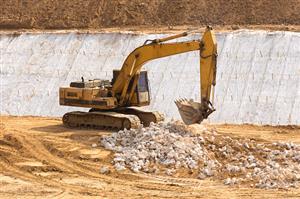
When you schedule an equipment appraisal for your construction equipment, whether it's a crane, cement mixer, or saw, the appraiser will visit your business to examine the equipment. Planning ahead for the appraiser's site visit will help the appraisal go smoothly for the benefit of all. Here's what you need to know about planning for a construction equipment appraisal site visit.
Find Equipment Records
The appraiser will want to know where and when you bought the equipment, how you've maintained it, and how the equipment is used. By gathering records related to your equipment ahead of time, you can provide the equipment appraiser with accurate information, rather than guessing. This could affect the valuation of your construction equipment.
Records to look for include purchasing records, original receipts, maintenance logs, and replacement part orders. Appraisers may ask for other documentation, so this is not a complete list. Some appraisers let you know ahead of time what they need to see, so you can gather relevant materials.
If you're having all of your construction equipment appraised, rather than one new asset, it's helpful to print out a list of all the assets you have. This way, you can ensure you don't miss anything.
Schedule the Appraisal
Appraisers know that situations requiring appraisals at times can be confidential. Good appraisers know what to (and what not to) say when approached by curious employees. Depending on the situation, appraisals sometimes need to be completed at off times rather than during the day.
Prepare Yourself
The appraisal will be a more enjoyable experience when you prepare yourself ahead of time.
This might mean reviewing equipment specifications or looking over maintenance logs so you can speak to how equipment is used at your construction company. It could mean writing up a list of questions you want answered. For instance, if you're considering whether to repair or replace a table saw, you might want to ask the appraiser for the estimated remaining useful life of the equipment or what it might fetch at auction, so you can make the right decision.
Your reason for seeking a construction equipment appraisal may dictate the questions you have for the appraiser. For example, if you are selling equipment as part of business liquidation, then you might want to know more about the resale potential for equipment. If you are appraising construction equipment for tax purposes, then you might ask about maintaining that value over time, to protect your business.
Speaking of preparation, it's important that you only hire an accredited appraiser who has demonstrated experience with construction equipment. Otherwise, there is no guarantee that the appraiser you hire will be able to accurately value the equipment.



